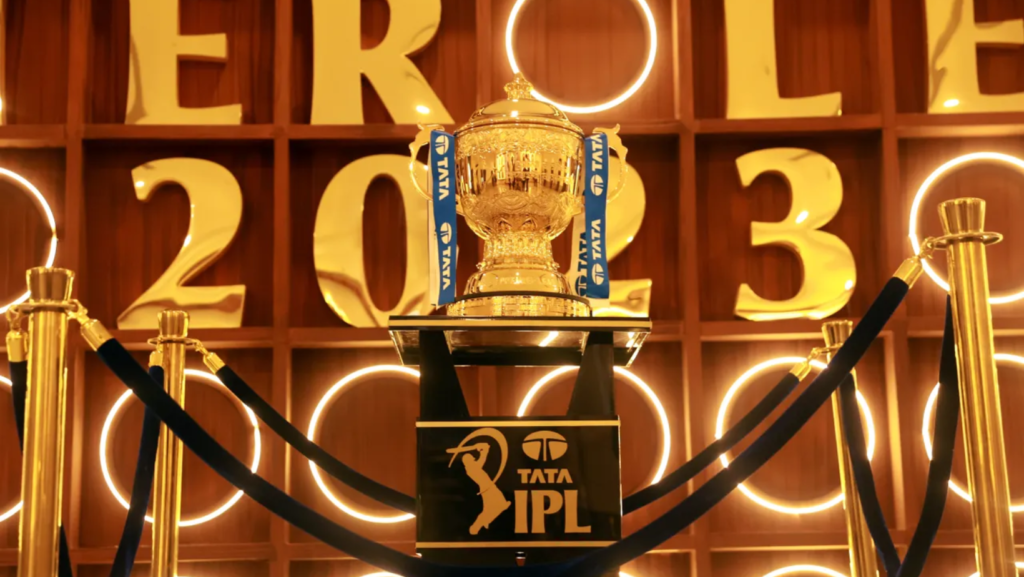
Hearts thumping with anticipation and minds imagining the value of the deal, fans of T20 cricket have moved to the edge of their seats as if it is the final over of a thrilling IPL game. Quite suddenly and not very quietly, the term ‘player trading’ has stormed into their lexicon. No wonder, because the player at the centre of all conversations is no less than a Hardik Pandya.
The news of one big trade — involving the Gujarat Titans skipper’s move to Mumbai Indians in this case — has drawn eyeballs little else has. So much so, that India’s 44-run victory over Australia in the second T20I, the opening blitz of Yashasvi Jaiswal and Ruturaj Gaikwad, Ishan Kishan’s six-hitting and Rinku Singh’s growing stature as a finisher were pushed to the background. It would have found more resonance but for the chatter around the Pandya trade.
Though trading, or player transfer, has been used from as early as in the second season of the IPL and many sponsor-pullers like Kevin Pietersen, Ross Taylor were traded from 2009 itself, it needed a Pandya and the mention of Rs 15 crore to stir up the common fan’s interest beyond anything that preceded it.
The Mumbai franchise itself had made productive use of the trading window in the past. Some of their acquisitions in the transfer windows include Zaheer Khan (from Royal Challengers Bangalore in 2009), Shikhar Dhawan (from Delhi Daredevils in 2009), Quinton de Kock (from Royal Challengers Bangalore in 2019) and Trent Boult (from Delhi Capitals in 2020).
Of course, cricket expectedly remains at the centre of all IPL activity, but business comes along as an important attendant. IPL franchisees include player trading as a part of their revenue streams, along with the share of central revenues, sponsorships, ticketing and merchandise sale. Hardcore cricket fans may not like sport’s commercial side, but teams have a business to run.
With increasing revenue and guaranteed profit, some teams can get a bit adventurous by trying their luck in the market during the trading window and finding the squad balance in the auction. It does not usually occur to fans that transfers do not entail a mere shift of cricketing talent from one franchise to another, but has a commercial side to it as well, impacting the bottom lines too.
For instance, in 2012, flush with seam bowling talent, Delhi Daredevils waited till after the IPL auction to trade Asoke Dinda to Rising Pune Supergiants for four times his auction price. In the process, Delhi Daredevils were said to have recovered a substantial part of the money spent on acquiring Kevin Pietersen from Deccan Chargers.
Many have concluded that Gujarat Titans have come off worse than Mumbai Indians after the Pandya deal. They are probably viewing this only from the cricketing perspective. The owners and coaching staff of Gujarat Titans could be pleased that they have added to the bottom line even before a ball is bowled in the 2024 season.
Besides, despite capturing the imagination of fans and investors from far and near, IPL is still evolving as a product and the teams are nearly always a work in progress.



